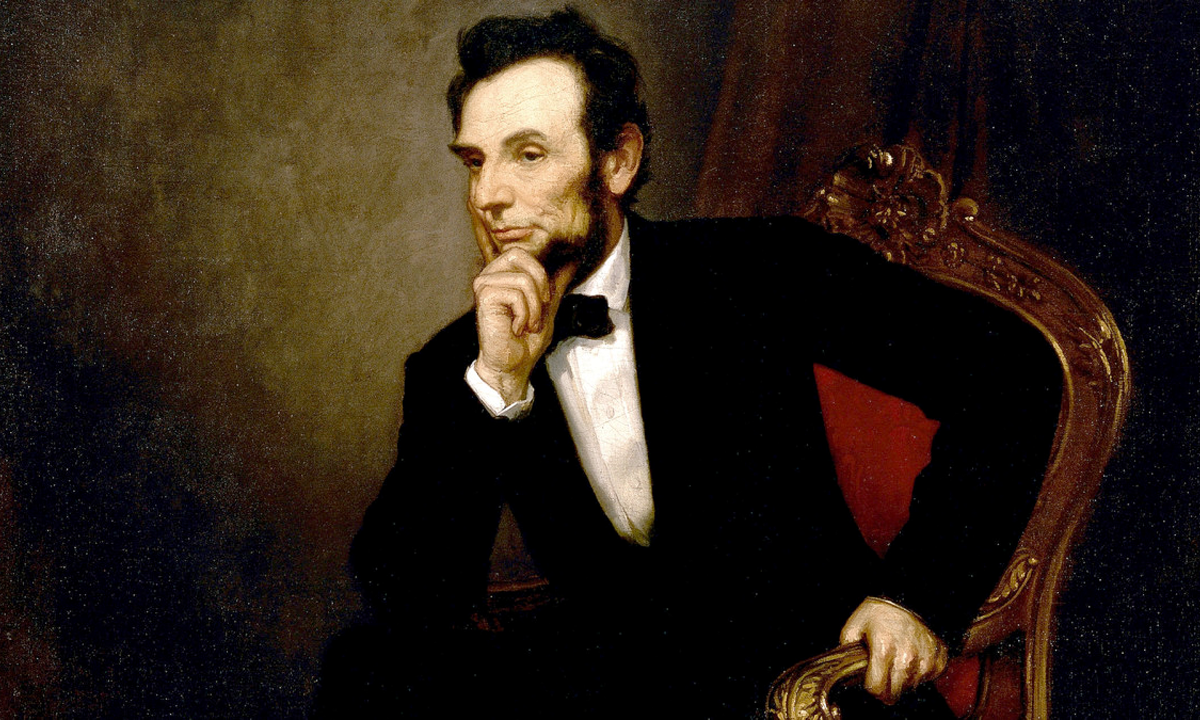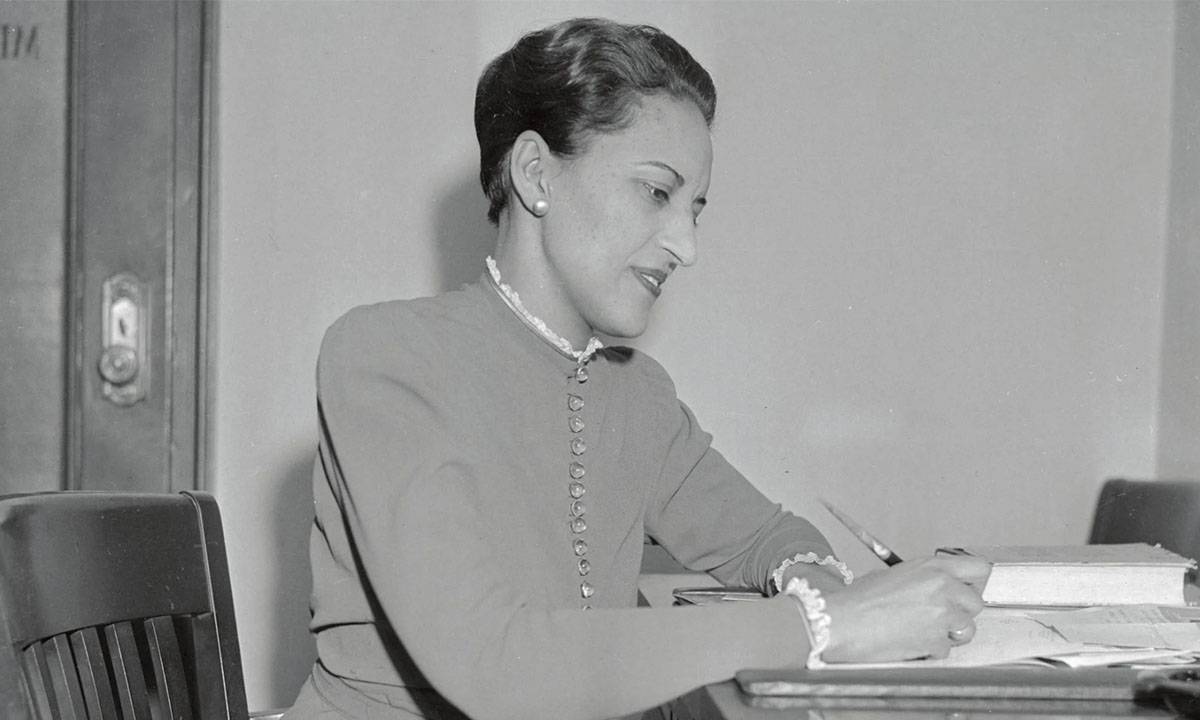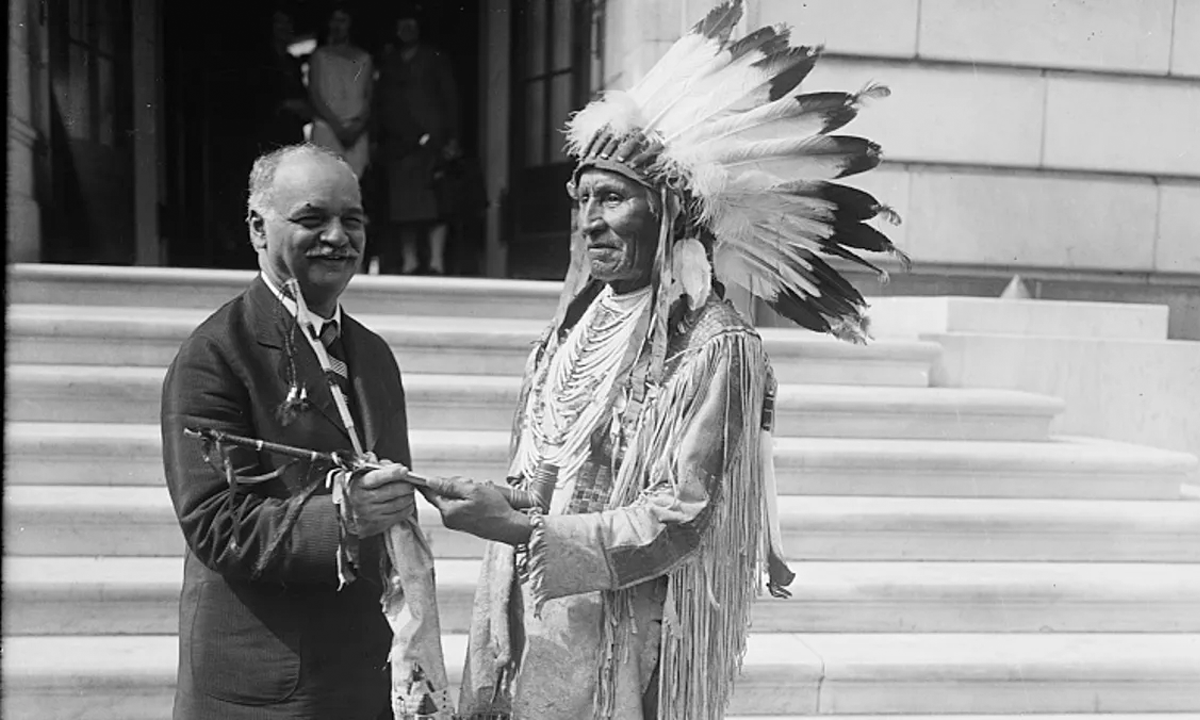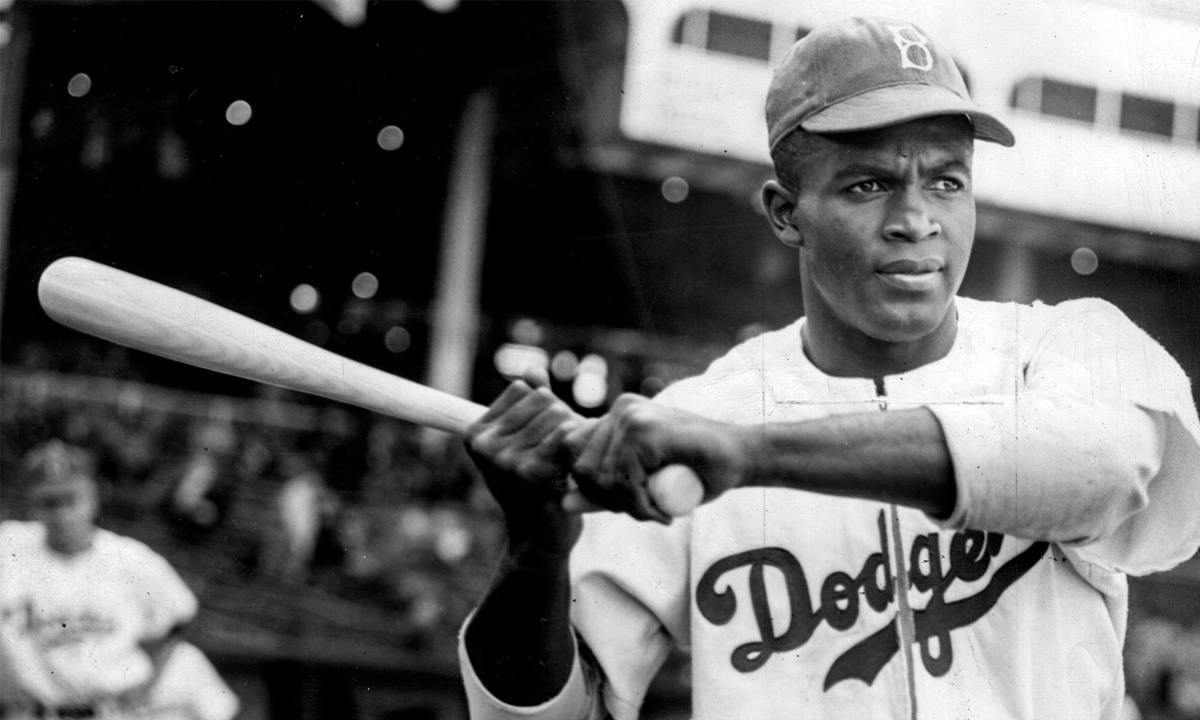In 1865, Abraham Lincoln had just brought the Civil War to a successful close. He had achieved the lofty goals of abolishing slavery and preserving the integrity of the Union through the war. He was arguably at the happiest point in his life. This day ultimately became perhaps the saddest day in the history of the United States as President Abraham Lincoln died from a gunshot wound received at the hands of John Wilkes Booth, a well-known actor, democrat sympathizer, and Confederate spy.
Abraham Lincoln represented to the people of the United States the embodiment of the difficult battle to stand up for the rights of enslaved people, modernize the country’s economic policy, and strengthen the Federal government through the refocus on American political values stated in the Declaration of Independence.
The battle against slavery was highlighted with the demise of the Missouri Compromise and the implementation of the Kansas-Nebraska Act. The Republican Party was created as a result of the backlash against the furtherance of slavery in these new territories. Lincoln, after a brief stint in the House of Representatives, had returned to civilian life. He felt compelled to reenter the political fray and made compelling moral, legal, and economic arguments against slavery in the seven debates against Democratic Senator Stephen A. Douglas. These debates gave Lincoln a national voice.
The leaders of the New York Republican Party invited Lincoln to speak at Cooper Union, a privately funded college, on February 27, 1860. Lincoln’s 7,000-word speech established him as an intellectual and political powerhouse, which ultimately led him to the White House. In this speech, Lincoln again stressed the legal, political, and moral arguments against slavery. The third part of the speech was specifically directed to Republicans. He called on Republicans to face the Southern Democrats’ insistence on the rightness of slavery with an even temper and dispassion, defeating the spread of slavery through the ballot box.
Lincoln understood the divisive nature of slavery to the country, to the economy, and most importantly, to the moral character of the United States. The threat to the unity of the Union by the southern states’ resolve to continue slavery as a way of life was anathema to Lincoln.
“The authors of the Declaration of Independence never intended ‘to say all were equal in color, size, intellect, moral developments, or social capacity’, but they ‘did consider all men created equal—equal in certain inalienable rights, among which are life, liberty, and the pursuit of happiness’,” he said.
As we celebrate Black History month and learn about the many events that have made the US the beacon of acceptance and equality it is today, we must acknowledge that Abrahan Lincoln played a pivotal and crucial role in getting us to this point; and he paid the ultimate price for it.
Photo via History.com




